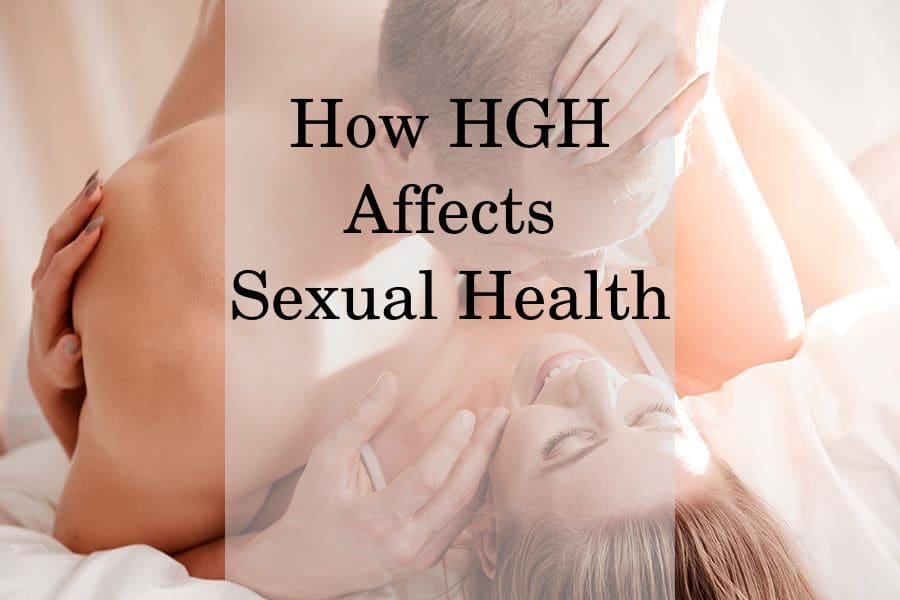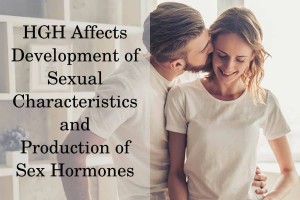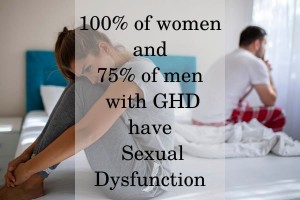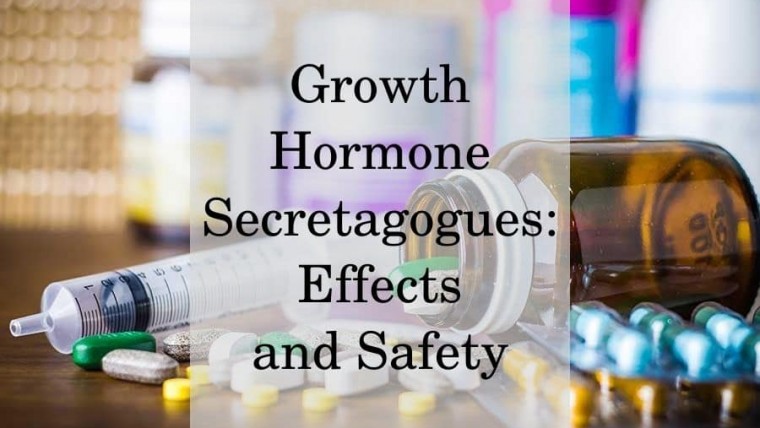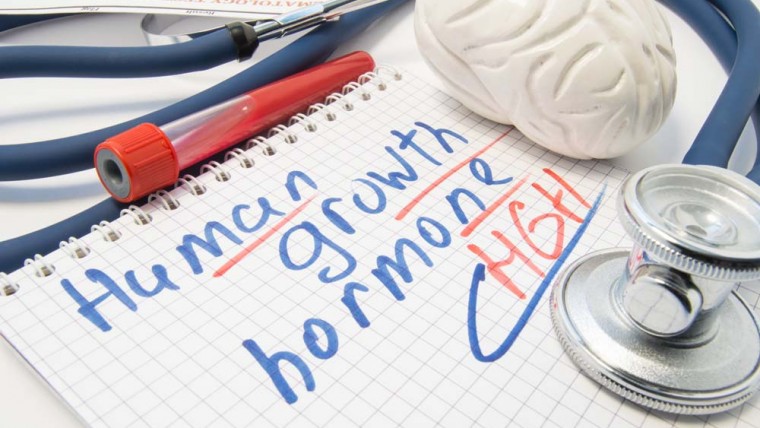In this article
It’s no secret that the human growth hormone (HGH) is just as important for your health during adulthood as it was during childhood and adolescence.
In adults, HGH regulates body composition, energy levels, mood, cardiovascular health, and even sexual development. In fact, growth hormone appears to play a key role in sexual function and libido in both men and women.
This is confirmed by prospective studies which show that sexual dysfunction affects up to 84% of adult men and women with untreated growth hormone deficiency (GHD).
Currently, HGH injections are the only effective therapy for the management of growth hormone deficiency, and the treatment can successfully alleviate all related symptoms, including sexual dysfunction due to GHD.
Can low HGH levels affect sexual health?
Growth hormone has a profound importance for sexual health and development since childhood. Boys with low HGH since birth have underdeveloped genitalia and develop micropenis if left untreated.
During adolescence, research suggests that the growth hormone also plays a role in the maturation of the breasts and uterus in women, as well as the prostate in men.
Therefore, having low GH can have a negative impact on the development of primary and secondary sexual characteristics in men and women.
Another mechanism via which low HGH may disturb normal sexual function and development is its impact on sex hormones.
HGH is important for regulating the density of the receptors for the gonadotropic hormones – LH (luteinizing hormone) and FSH (follicle-stimulating hormone).
These hormones are called gonadotropic as they regulate the production of testosterone in men and estrogen in women. Preliminary research even suggests that HGH may be capable of directly stimulating these sex hormones.
Since LH, FSH, and HGH are all produced in the anterior pituitary gland, diseases such as tumors that affect GH secretion may also affect the production of gonadotropic hormones. In such cases, GHD can be accompanied by secondary hypogonadism.
On the other hand, adult-onset GHD may also cause sexual dysfunction due to its psychological effects as well as its impact on normal vasodilation and smooth muscle relaxation.
Studies show that HGH stimulates a process known as the NO-cGMP pathway.
It leads to the production of vasodilators which relax the smooth muscle tissue in the penis and clitoris leading to arousal. This pathway may become dysfunctional in GHD, leading to a reduced desire for sex in women and even erectile dysfunction in men.
Lack of energy, increased abdominal obesity, and depression are common symptoms in both men and women with GHD. The psychological toll of the condition may also lead to a lack of libido and sexual performance anxiety.
How do male and female sex drive change by age
Your sex drive changes as you age due to a number of factors, such as your hormones, lifestyle, stress levels, physical, and mental health.
Studies show that in adults, age itself is a predictor of your sexual activity, but it’s not a reliable determinant of your sexual desire. Instead, your libido depends primarily on psychological factors and your overall health which are independent of age.
Libido levels usually peak towards the end of puberty in both men and women since this is when the sexual development is complete, and the sex hormones reach their maximum concentrations.
Age at which libido may start to decline can vary a lot from person to person
In men, libido may decline due to psychological conditions such as sexual performance anxiety, which affects both younger and older individuals.
Older men are also more likely to suffer from cardiovascular diseases, which makes it more difficult to attain and maintain erections.
GHD is also a major risk factor for heart disease and, as previously discussed, may impair smooth muscle relaxation in the tissues of the penis. The result is erectile dysfunction which can have a negative impact on a male’s libido.
In women, libido usually starts to decline during and after menopause. Studies report that the decline most likely occurs due to the decreasing levels of estrogen and testosterone in the female body during this period.
Menopausal women are also more likely to experience discomfort and reduced lubrication during sex. The reduction in arousal may also be associated with the significant decline in GH levels, which females experience during menopause.
That’s because untreated GHD leads to reduced ability to become sexually aroused in women, even at younger ages. Therefore, there may be a correlation between the declining GH levels in women and a reduced level of sexual desire.
Does HGH therapy improve libido and erection?
HGH therapy may help improve sexual health in middle-aged men and women with GHD.
That’s evident from studies showing that symptoms of sexual dysfunction are much more common amongst untreated patients compared to those receiving HGH injections.
Whopping 100% of women with GHD who did not receive HGH therapy had symptoms of sexual dysfunction, such as reduced libido, compared to 77% of the treated women.
Amongst men, 75% of those left untreated had erectile dysfunction, compared to only 35% of HGH-treated males. Treated patients experienced erectile dysfunction less often, and even those who did complain of erectile problems reported them as being milder than the untreated patients.
One of the reasons for the dramatic reduction in erectile dysfunction cases amongst HGH-treated men with GHD could be the importance of the growth hormone for the production of nitric oxide.
Nitric oxide is a major vasodilator in the human body which is important for the relaxation of smooth muscle tissues and penile erection
HGH therapy may also improve libido and erectile function in GHD patients thanks to its benefits for energy levels, mood, body composition, and cardiovascular health.
However, growth hormone does not appear to affect other aspects of sexual performance, such as increasing the strength of your orgasms or making you last longer in bed.
Unfortunately, there is no research reporting on how long it may take before GHD patients experience improvement in their sexual desire and associated symptoms during GH treatment.
It may take up to 6 months of daily injections until HGH therapy leads to a significant improvement in quality of life. Therefore, the benefits for sexual health likely occur within that time frame.
Can higher levels of HGH cause ED?
Unless you have GHD, there is no evidence to suggest that increasing your GH levels above the physiological range can improve sexual your sexual health. That’s despite the fact that HGH is often used off-label as an anti-aging therapy.
Instead, having too much HGH for too long may have negative effects on your sexual well-being and even cause erectile dysfunction in men.
There is evidence from research conducted on males with acromegaly, which report a higher incidence of erectile problems amongst those patients.
The erectile dysfunction in individuals with acromegaly could be due to excessive GH levels but also due to the pathogenesis of the condition.
In fact, acromegaly is usually caused by hormone-producing tumors in the pituitary gland. These tumors often produce excessive levels of other pituitary hormones as well, such as prolactin.
Hyperprolactinemia can suppress LH and FSH synthesis, leading to sexual dysfunction and secondary hypogonadism.
According to research, the tumor may also suppress the function of other cells in the pituitary and directly suppress the natural production of LH and FSH, leading to erectile dysfunction and infertility.
Other studies suggest that the prolonged excess of HGH may lead to negative effects on the blood vessels, such as endothelial dysfunction, and dysregulates NO synthesis.
Regardless of the exact cause, scientists reveal that normalizing GH levels in individuals with growth hormone excess and erectile dysfunction lead to improvement in sexual health as well.


